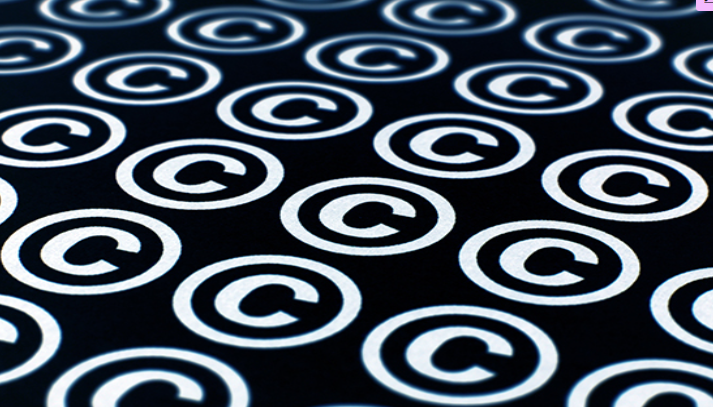The principal legislation on copyright law is located within the ‘Copyright, Designs and Patents Act 1988’, enabling the creators of literary, dramatic, musical, and artistic works, as well as audio-visual works and typographical arrangements, the right to have control of the ways in which their material may be used.
What is the Law on Copyright?
Copyright is where an individual or organisation creates a piece of work, in which they are the author of that work and so have the right to control the use or commercial exploitation to what they have created. This includes the exclusive rights to:
- Broadcast and public performance
- Copying
- Adapting
- Issuing
- Renting
- Lending copies to the public
Copyright protects your work and stops others from using it without your permission. Where the work is ‘original’, copyright will be automatic as soon as the work is created and presented in material form, there is no need for registration. The type of work which are automatically protected by copyright law are:
- Illustration and photography
- Software, web content and databases
- Sound and music recordings
- Film and television recordings
- Broadcasts
- The layout of published editions of written, dramatic, and musical works
A copyright owner should mark their copyright material with the international copyright symbol ‘©’, followed by the name of the copyright owner and year of publication.
Rights in copyright can be sold, as it is a property right which can be sold or bought, inherited, or transferred, either wholly or in part. Owners may also decide to licence others to use protected works while still retaining ownership, the terms of any licence should deal with exclusivity, assignability, the length of the term and the scope of the licence.
What is Fair Dealing?
The UK Government has published a page outlining situations where it may be legal to use copyrighted works without seeking permission from the owner, in which it would be considered a ‘fair dealing’ for the purposes of criticism, review and reporting current events; teaching; parody and caricature. However, fair dealing is not always straightforward, and it is still possible for the copyright owner to take legal action against you.
Consequences of Infringement of Copyright?
As an individual or a business, if you infringe copyright then you can face legal action. Infringement is usually treated as a civil offence but can also be deemed a criminal offence where damages will be awarded by a court, or if severe the result can be a fine or imprisonment. If you are found guilty of copyright infringement in a magistrate’s court, you or your business could be fined up to £50,000 and face a jail term of up to 6 months. If the case reaches a Crown Court, fines can be unlimited and the maximum sentence is up to ten year’s imprisonment.
Got Yourself into Trouble?
If you require any legal advice regarding Copyright Law or any criminal law matters please contact a member of our Criminal Law Department.

